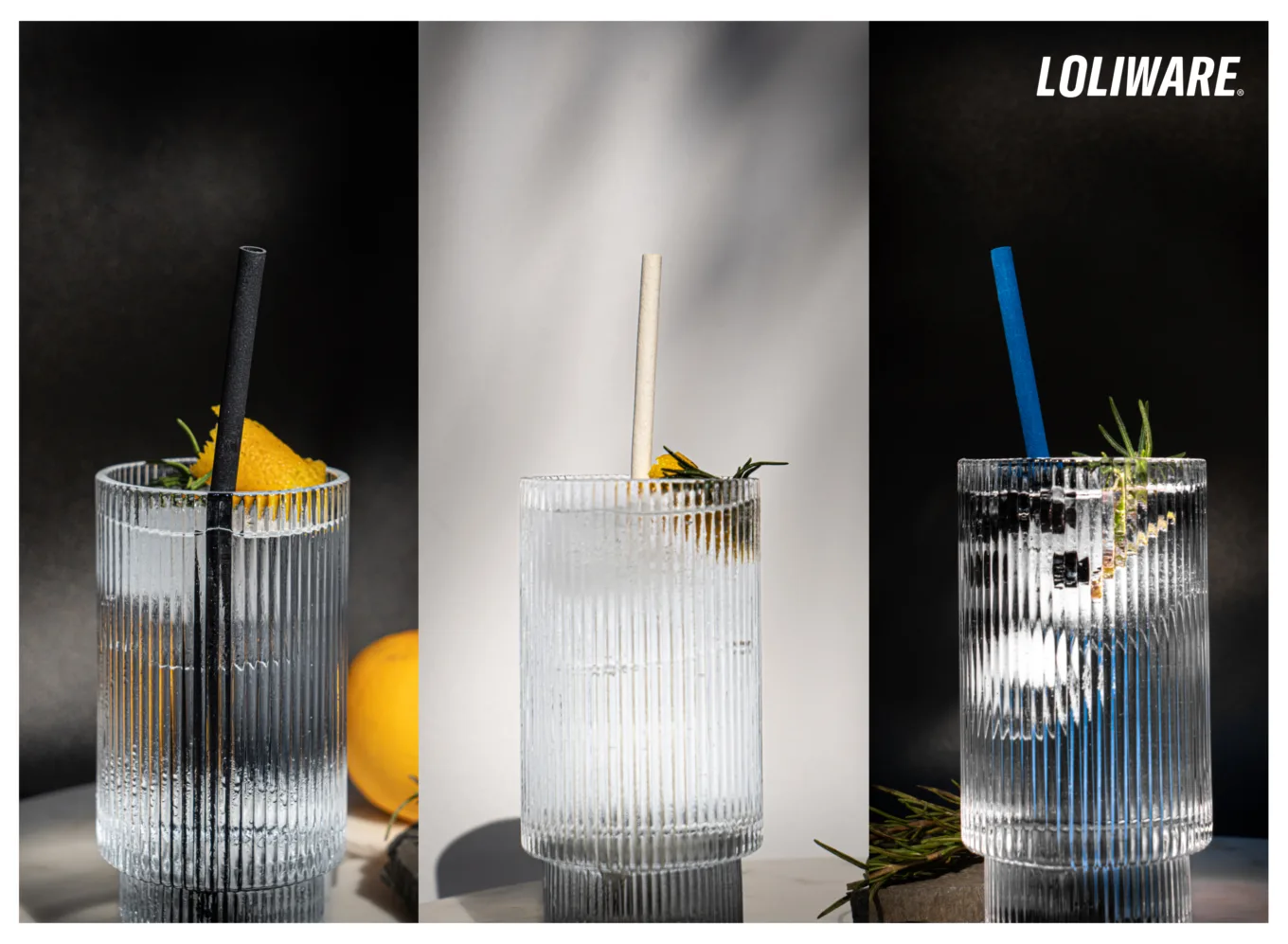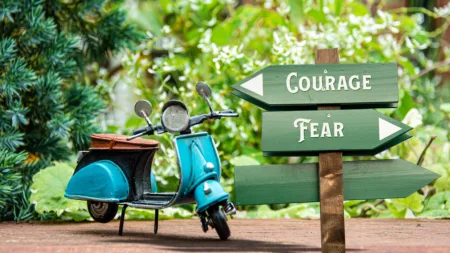(Featured Photo Courtesy of Loliware.com)
Even though it is recyclable, less than 10% of what gets created in the manufacturing cycle ever gets reused or turned into something else. About half of what gets made each year is intended as single-use products.
That approach to plastic manufacturing generates 8 million metric tons of plastic that enters the ocean annually.
Although no plastic product is to blame for this issue, straws are one of our world's biggest polluters. We use them for less than 30 minutes at a time, but they can potentially last forever.
Loliware hopes to change that perspective by offering an innovative solution. Instead of creating a reusable product you'd clean after each use, they offer something edible and compostable.
Loliware Began with a Memory of Pristine Beaches
Chelsea Briganti is the founder of Loliware. She goes by “Sea,” and was raised in Hawaii with a childhood filled with beautiful shores.
“As I got older, I noticed there was a ton of plastic pollution in the ocean and on the shoreline,” she said. “As I watched it steadily over the years, it had a big impact on me.”
That impact led to the creation of her business venture in 2015.
“We have a triple planetary emergency,” she said. “We’re facing plastic pollution, climate change, and biodiversity loss, so we’ve made it our mission to address these issues with sea technology.”
Loliware Straws Last for Up to 18 Hours
If you ever ate the ends of a Twizzler and used it as a straw to drink your milk as a kid, the concept from Loliware is similar. These straws are designed to hold up for 18-24 hours in a beverage, which is way longer than you’d need to finish any drink.
The straws have a shorter lifespan when used for hot drinks, but they’re still much better than the paper products that started to replace the plastic ones.
Once you're done, you can eat the straw, compost it, or throw it away without guilt. They're made from seaweed-based materials and come in various flavors, which adds a fun twist to your drinking experience.
By offering a product that's both functional and edible, they're providing a solution that doesn't just reduce waste but also adds an element of novelty and enjoyment to the experience.
It's a clever way to encourage people to make more sustainable choices without feeling like they're sacrificing convenience or fun. You don’t get a soggy feeling during use, and the texture stays consistent.
As the company says, if “something is only going to be used once, why is it engineered to last for centuries?”
“Don’t expect to eat your whole straw as if it’s a candy,” warned Briganti. Although they’ve experimented with flavored products, the primary straw has a “neutral” flavor to it.
Loliware Does More Than Create Chewy Straws
This company aims to advance the planet towards a plastic-free future through its patented Sea Technology resins. Their approach to an edible straw is one idea of many that the team is pursuing because of how heavily our societies consume one-time-use plastics.
The resins from Loliware are made from regenerative, carbon-capturing, and ocean-farmed seaweed, offering a sustainable and regenerative option for packaging and single-use items like straws, cups, utensils, and films. It gets milled and then combined with minerals, colors, and water to create pellets that turn into straws.
“Sea technology is a competitive way to replace plastic at scale because it’s high performing, cost competitive, scalable, and regenerative,” Briganti said.
Why choose seaweed as the material source for edible straws and other products in development? It grows quickly, absorbs CO2, and doesn't require freshwater or land to produce. That makes it a highly sustainable alternative to plastics that doesn't require a significant shift in our daily routines.
This unique technology is compatible with standard plastic injection-molding equipment, making it easier for industries to replace the many items that only get used once. That means the possibilities of new items with this edible and hyper-compostable product are almost unlimited. From utensils to containers, this technology even aligns with recent bans on single-use plastics in Europe.
Loliware's approach aims to reduce CO2 emissions and strengthen the ocean-based “blue economy” by promoting seaweed-farming operations that create jobs and help in carbon capture.
“We’re looking into ways to make sustainability more experiential and fun,” said Briganti. It could be the kind of fun you might have had with Twizzlers and milk as a kid, but now, in a grown-up way.
More information about Loliware and its products is available at Loliware.com.












